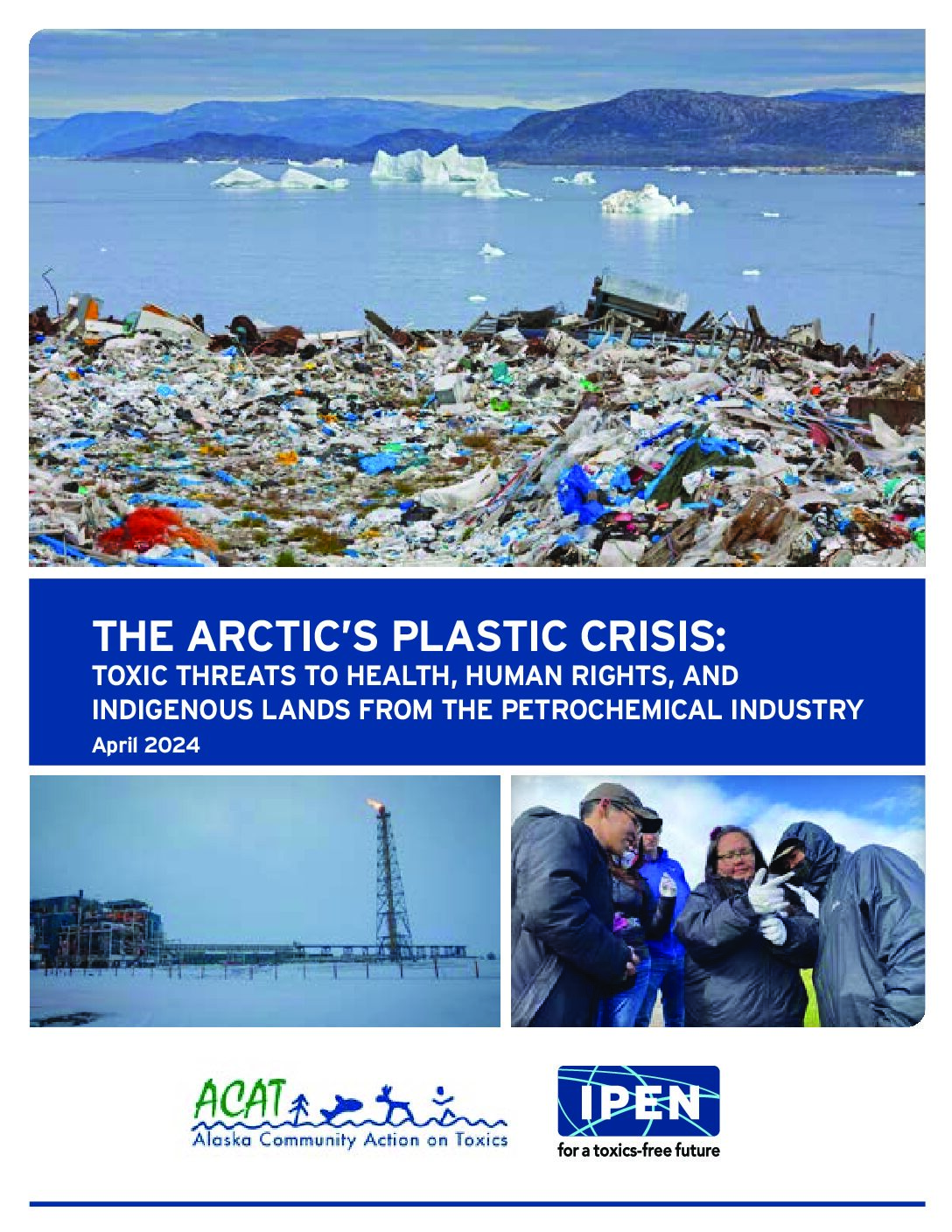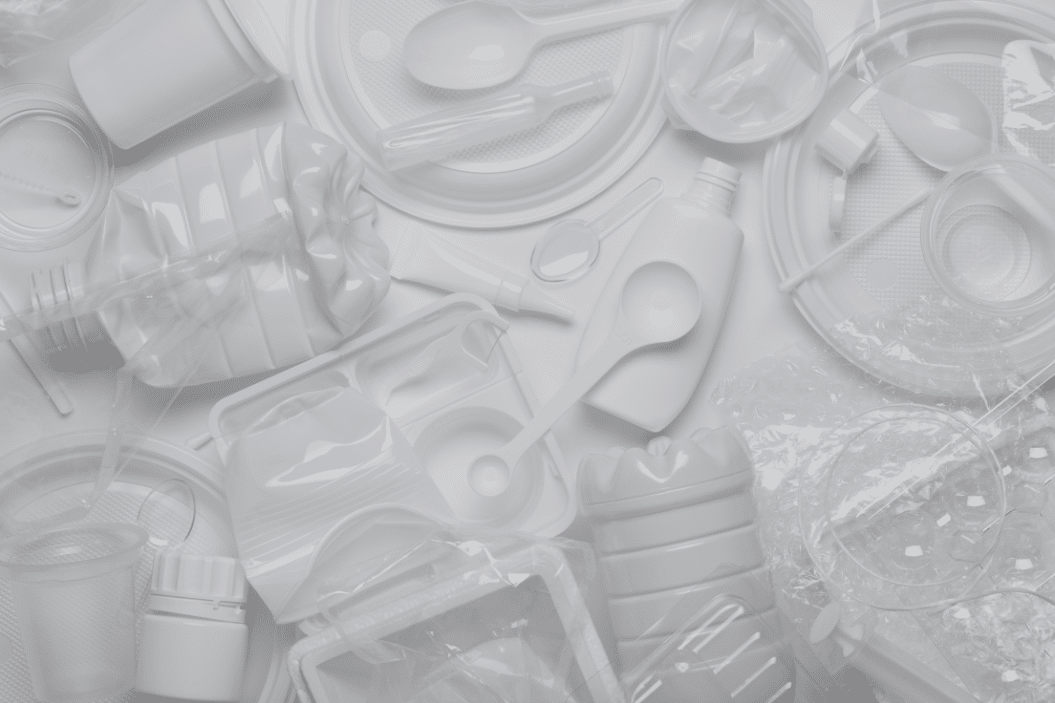Media Room
News
Human Rights, Health, and Lands of Arctic Peoples Endangered by Plastics, Petrochemicals and Climate Change
Human Rights, Health, and Lands of Arctic Peoples Endangered by Plastics, Petrochemicals and Climate Change BTE2X0 Rubbish at garbage dump and icebergs at Ilulissat / Jakobshavn, Disko-Bay, Greenland With the Arctic warming nearly four times faster than the rest of the world, Native voices speak out on threats to the Arctic posed by plastic and toxic chemicals. Report also synthesizes evidence from more than 250 studies. With the Plastics Treaty negotiations scheduled for this April 23-29 in Ottawa, a report released today synthesizes recent science on the interconnected threats from plastics, petrochemicals, and climate change that harm ...
Publications
The Arctic’s Plastic Crisis: Toxic Threats to Health, Human Rights, and Indigenous Lands From the Petrochemical Industry
Damage to the Arctic from the fossil fuel/petrochemical industry includes threats from chemicals, plastics, and climate. These have combined to poison the lands, waters, and traditional foods of Arctic Indigenous Peoples, with ongoing health effects that threaten their cultures and communities. This report highlights the voices and testimonies of Indigenous leaders who have witnessed these threats and who are engaged in local and global efforts to protect their land and People. Find multimedia content, including a video and podcast, related to the report here.
Webinars
Petrochemicals, Plastics & Health: Will Global Treaty Offer Pathway to Progress?
Plastics chemicals and their impacts on human health are a central issue in the global plastics crisis. An estimated 99% of plastic is made from fossil fuel-derived chemicals (or petrochemicals), which have been associated with increased rates of neurodevelopmental disorders, diabetes, chronic respiratory disease, and certain cancers. A recent review article by Dr. Tracey Woodruff highlights the link between the explosive growth of the petrochemical industry and the rise in various diseases, particularly reproductive cancers in women. The analysis emphasizes that many petrochemicals used in plastics are endocrine-disrupting chemicals (EDCs), which interfere with the body’s hormonal function and are found ...


